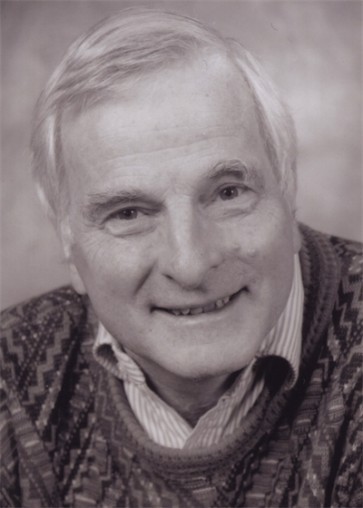
“Evokes the sights and sounds of the ancient world with daring and imagination… An intellectual tour-de-force that challenges us to see the history of Christianity through the eyes of those who actually lived it.”— Los Angeles Times In this provocative, irresistibly entertaining book, Keith Hopkins takes readers back in time to explore the roots of Christianity in ancient Rome. Combining exacting scholarship with dazzling invention, Hopkins challenges our perceptions about religion, the historical Jesus, and the way history is written. He puts us in touch with what he calls "empathetic wonder"—imagining what Romans, pagans, Jews, and Christians thought, felt, experienced, and believed-by employing a series of engaging literary devices. These include a TV drama about the Dead Sea Scrolls; the first-person testimony of a pair of time-travelers to Pompeii; a meditation on Jesus' apocryphal twin brother; and an unusual letter on God, demons, and angels.
Author

Morris Keith Hopkins was a British historian and sociologist. He was professor of ancient history at the University of Cambridge from 1985 to 2000. Hopkins had a relatively unconventional route to the Cambridge professorship. After Brentwood School, he graduated in classics at King's College, Cambridge in 1958. He spent time as a graduate student, much influenced by Moses Finley, but left before completing his doctorate for an assistant lectureship in sociology at the University of Leicester (1961–63). He returned to Cambridge as a research fellow at King's College, Cambridge (1963–67) while at the same time taking a lectureship at the London School of Economics, before spending two years as professor of sociology at Hong Kong University (1967–69) After a further two years at the LSE (1970–72), he moved to Brunel University as professor of sociology in 1972, also serving as dean of the social sciences faculty from 1981 to 1985. In 1985 he was elected to the Cambridge chair in ancient history. The fullest account of his career and significance as an ancient historian is in his British Academy necrology (W.V. Harris, Proceedings of the British Academy 130 (2005), 3–27).